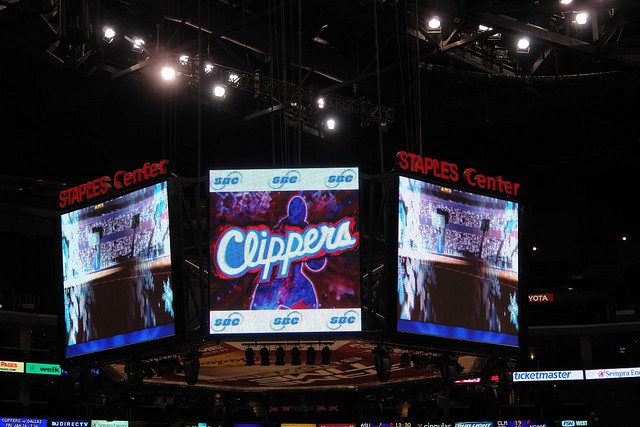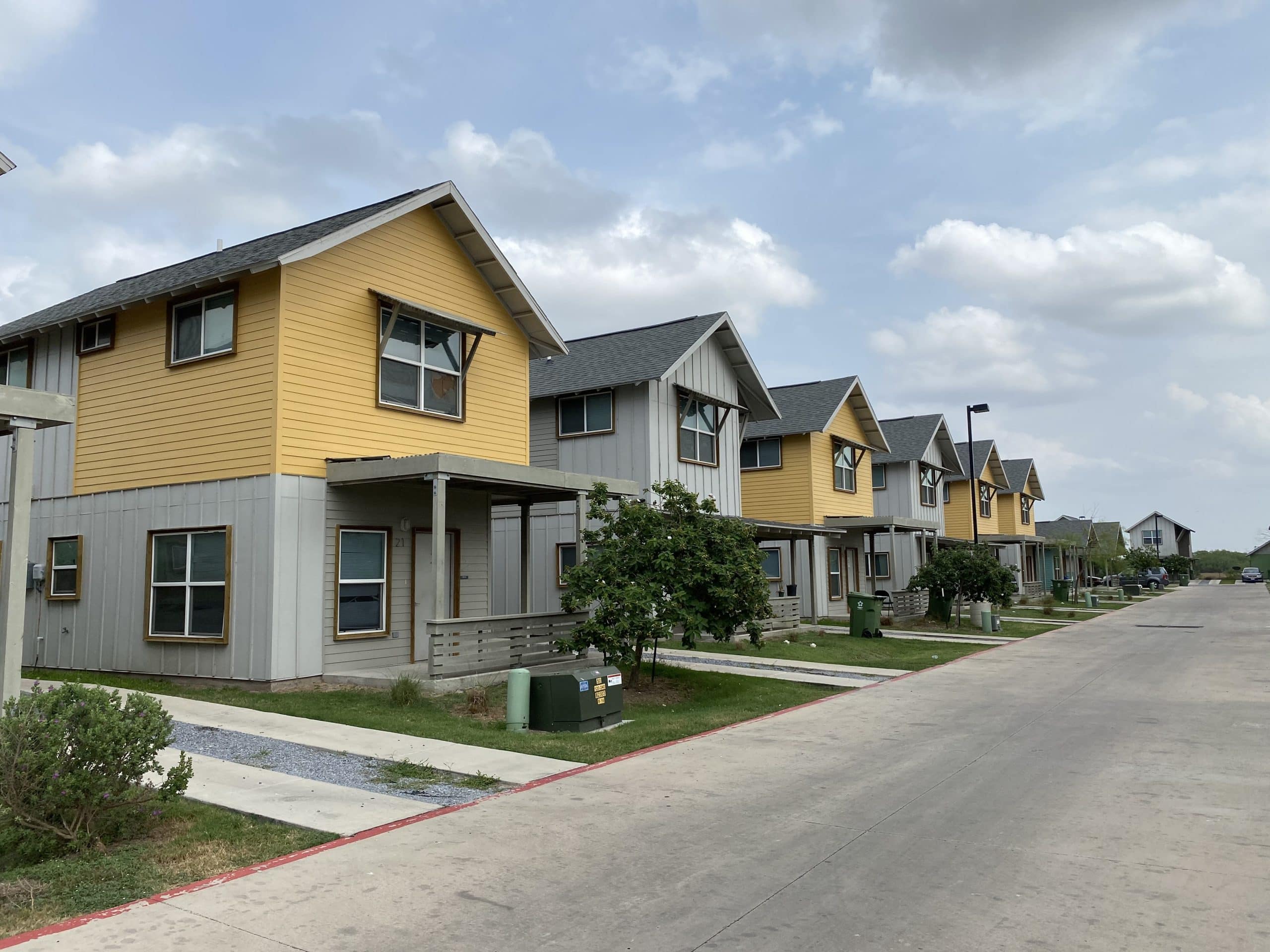
But the drama surrounding Donald Sterling’s recent comments has obscured an even more disturbing reality. There’s strong evidence that his personal bigotry has repeatedly infected his public business dealings. And the alleged pattern of discrimination includes actions by his wife, Shelly Sterling, who now says she will fight for ownership of the Clippers.
The Sterlings’ words and actions matter because they are not just eccentric millionaires but established business owners whose decisions help determine opportunities and life outcomes for a large number of Americans. Bias in those decisions in not acceptable.
Fifty years ago this summer, Congress adopted the Civil Rights Act of 1964, the first anti-discrimination law with any teeth since the end of Reconstruction. Before the ’64 Act, business owners around the country could and did exclude, segregate, and mistreat employees and customers based on personal prejudices and community biases in the North and Jim Crow segregation laws in the South.
From lunch counters to entertainment venues, people of color were often unwelcome—and subject to violent expulsion—at public accommodations.
Not only was this conduct legal in most parts of the country, but there was not yet a clear national consensus that it was wrong. Discrimination by business owners was similarly prevalent, and accepted at workplaces, which is why the ’64 Civil Rights Act also outlawed employment discrimination based on race, ethnicity, and gender.
The ’64 Act was the result of courageous protest and moral leadership by activists and everyday Americans. It was followed by the Voting Rights Act of 1965 and the Fair Housing Act of 1968, moving us closer to the Constitutional promise of equal protection under the laws, and the societal value of equal opportunity for all.
These laws heralded a monumental shift in our nation’s values and in the way we think about businesses’ role in society. They established the principle that what you look like and where you come from should have no bearing on your ability to purchase goods and services, compete for jobs, rent or own a home, or attend a sporting event.
By many accounts, the Sterlings have repeatedly violated those American principles, and that’s why their bigotry warrants our attention. Not only did Donald Sterling make racist and ignorant remarks in phone conversations, and later on television; the Sterlings have also had to settle at least two fair housing lawsuits charging extensive and disturbing racial discrimination in their real estate dealings.
According to the complaints, the discrimination included Donald Sterling instructing his staff that he did not like African-American and Latino tenants and that he wanted his staff to rent only to Korean-Americans; failing to perform repairs and maintenance when requested by Black and Latino tenants; requiring Black and Latino tenants to sign into the building as “visitors” and refusing to accept rent from Black and Latino tenants, then using “failure to pay rent” as a pretext for eviction. Shelly Sterling had an active and ugly role in the discrimination, according to one of the complaints, falsely posing as a health inspector and recording the race of tenants during sham inspections.
Despite our nation’s progress toward equal opportunity, this type of conduct still occurs far too frequently in cities and towns around the country. A study last year by the U.S. Department of Housing and Urban Development, for example, found that African-American, Latino, and Asian-American renters were shown significantly fewer units by real estate agents than were identically qualified white renters. And as the National Fair Housing Alliance has noted, federal law does not even prohibit housing discrimination based on sexual orientation or identity.
Housing discrimination, moreover, has profound ripple effects. Where a family lives governs access to quality schools, jobs, and a healthy environment. Neither hurtful stereotypes nor arbitrary policies should block these pathways to opportunity.
To be clear, the Sterlings settled the lawsuits against them for large sums without admitting liability. And the surreptitious phone conversation, not the housing discrimination litigation, was the stated evidence for the NBA’s decision to ban the Sterlings. But the revelations did not happen in a vacuum; many of those who have worked with Mr. Sterling have expressed no surprise about his bigoted views or comments—indeed, one must wonder why the housing lawsuits did not trigger at least an investigation by the NBA much sooner.
It appears that the future of the Sterlings’ ownership of the Clippers will be fought out in the courts. And it will likely be the NBA constitution, not the U.S. Constitution or civil rights laws, that determines the outcome. But those laws and the struggle that produced them should remain top of mind as this dispute moves forward. They elevated the human rights of all Americans and redefined the responsibility of business to respect them. Our nation is the better for them.
(Photo by shinnygogo BY-NC-ND)






Comments